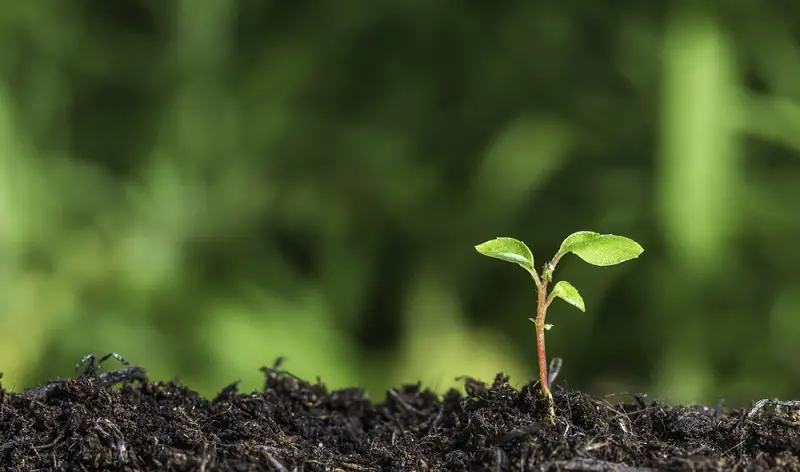Most of us are familiar with the importance of taking care of the environment we live in. It is our home after all. You’ve made the necessary adjustments to swap out plastic bags and bottles for reusable ones, you’re taking your bike to work to reduce your carbon footprint and you even tried your hand at composting, all in the name of Mother Earth. What else is there to do?
What if I told you scaling back on that ground beef you have been tossing in your cart every week could have a significant positive impact on the health of our planet? Making a simple swap from beef and other animal meats for a plant protein, such as a pea protein powder, can help to preserve our precious natural resources, even if for just a few days a week!
How does this help our planet?

The production of meat and other animal products results in the largest environmental impact with the highest breakdown of our Earth’s natural resources (1). Plants on the other hand, help conserve those precious resources while also contributing a great deal to our health.
Let’s take a look at pea protein. Most often made from yellow split peas, pea protein is a relatively new addition to the plant-based protein family but a welcome relief for those who want more options than your standard soy products. Not only are these mighty peas bountiful in vitamins and minerals, but they’re also especially rich in iron, zinc and potassium making them an excellent source of protein for those who are opting to cut down on meat as well as those wanting to cut out meat completely. Another bonus, these power-house peas are loaded with fiber, something meat products do not contain. This can help you feel fuller and more satisfied during your meals (2).
Choosing a plant protein, such as these yellow peas, actually helps to improve our soil fertility which can prevent the need for any chemical fertilizers to be used during the farming process. Still not convinced? Choosing plants instead of animals for your protein sources can significantly reduce greenhouse gasses produced by animals, such as methane, as well as reduce the amount of fossil fuels used to transport and grow feed for these animals (2). This means you are helping the health of our planet in multiple ways, not just one.
Choosing the right plant proteins

Most plant-based protein options are going to be a great alternative to meats. The only caveat is to ensure it is a good quality, complete protein source that your body can easily absorb. Meat products contain the most easily absorbed, complete proteins meaning they contain all 9 essential amino acids needed to form a complete protein structure for our body to use. When it comes to plant proteins it’s important to make sure they have adequate amounts of all these essential amino acids to allow our body to use them just as we would meat.
For example, beans and legumes tend to be low in the essential amino acid Methionine, but are high in Lysine, the amino acid that tends to be low in most grains. This is why you might hear people saying to eat rice and beans together if you aren’t having any other protein source with your meal. The combination allows for a complete protein source for your body to more efficiently use. When it comes to that pea protein we discussed earlier, similar to legumes it is low in Methionine however, it has enough to be considered a complete protein source (2).
To sum it all up, we all want to be healthy and so does our planet so let’s try and do our part to keep ourselves and our environment as nourished as we can be by simply cutting down on our meat intake in lieu of more plants. We live longer, the Earth will live longer for our future generations and we will rest easier knowing we did our part.








